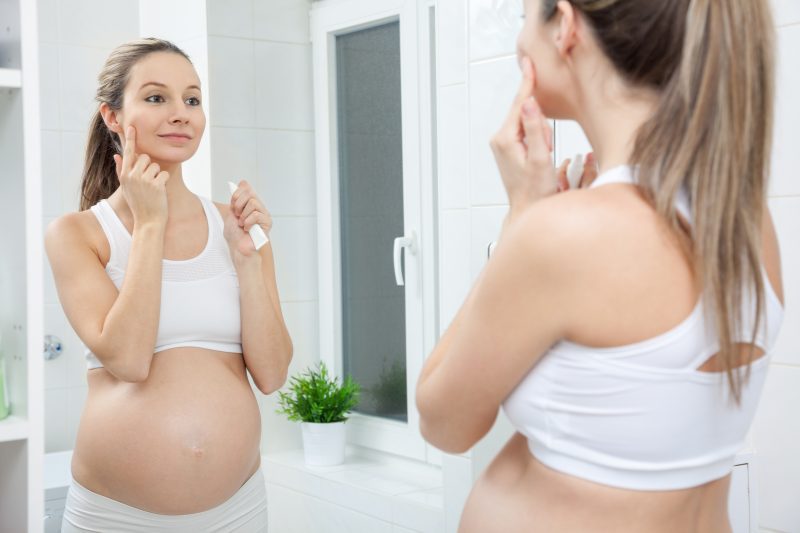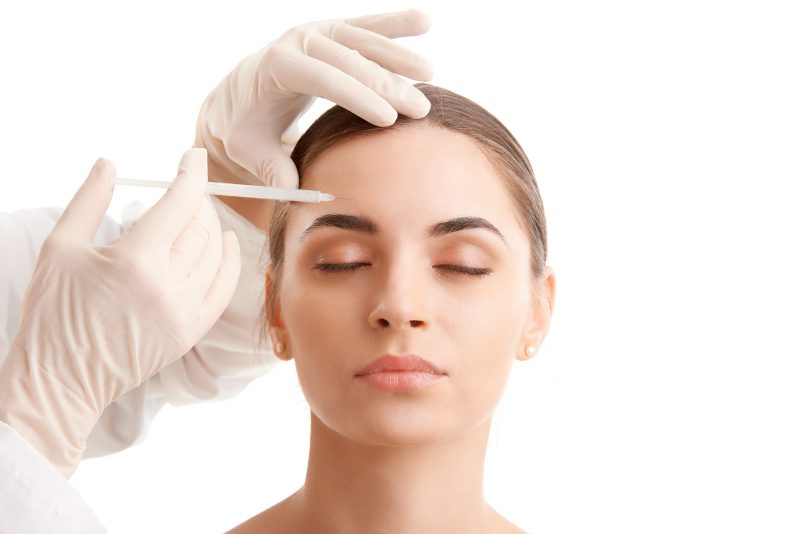Can You Get Botox While Pregnant? What Experts Say

For many people, Botox is a go-to treatment for reducing fine lines, smoothing wrinkles, and enhancing their overall appearance. But if you’re expecting, you may be wondering whether it’s safe to continue these treatments. Pregnancy brings about numerous changes to your body, and it’s essential to consider how any cosmetic procedure, like Botox, might affect both you and your baby.
As exciting as pregnancy can be, it also raises concerns about what’s safe and what’s not. While some treatments may seem harmless, it’s essential to understand the potential risks involved. With limited research on the effects of Botox during pregnancy, experts generally advise against using it while expecting.

Keep reading this article to learn more.
How Botox Works and Why It’s Concerning During Pregnancy
Botox, a cosmetic treatment derived from the Clostridium botulinum bacteria, is a popular choice. It works by interrupting the nerve signals to specific muscles, causing them to relax for a while. This relaxation helps smooth out fine lines and wrinkles, especially around the forehead and eyes.
Meanwhile, Botox is also used for medical conditions, such as chronic migraines, muscle spasms, and excessive sweating, making it a versatile treatment. However, despite its popularity, the way Botox interacts with the body, particularly during pregnancy, raises concerns due to its classification as a neurotoxin.
The main concern surrounding Botox during pregnancy lies in its potential impact on fetal development. Since Botox is classified as a Category C drug by the FDA, there’s limited research on its safety for pregnant women. Research on animals has indicated that botulinum toxin could potentially pass through the placenta and impact the developing fetus, but there haven’t been any conclusive studies on humans yet.
The possibility that Botox could contribute to congenital disabilities, low birth weight, or other developmental issues has led healthcare providers to advise against its use during pregnancy. Additionally, the fact that the toxin might spread beyond the injection site and potentially enter the bloodstream poses further risks, as it could theoretically affect the baby.
Another point of concern is that pregnancy brings about significant hormonal changes, which can impact how the body reacts to treatments. Pregnant women may experience increased skin sensitivity, which could lead to unpredictable results from Botox injections. There’s also the issue of the toxin possibly entering the mother’s system and passing through breast milk, which could affect a newborn baby if the mother continues to use Botox while breastfeeding. Given these uncertainties, most experts recommend avoiding Botox and other botulinum toxin-type treatments during pregnancy to minimize any potential risks to both mother and baby.

Safe Alternatives to Botox for Pregnant Patients
While Botox may not be recommended during pregnancy, there are still plenty of safe options available to help you maintain your skincare routine and keep your skin looking its best. Many pregnant patients turn to alternatives like hyaluronic acid-based fillers, which provide volume and smoothness without the use of neurotoxins. These fillers are considered safe because they naturally occur in the body and can help reduce the appearance of fine lines and wrinkles. Using nourishing products such as vitamin C serums, moisturizers, and gentle exfoliants in your pregnancy skincare routine can enhance your skin’s tone and texture while keeping safety in check.
Beyond topical treatments, lifestyle changes can make a big difference in maintaining healthy skin during pregnancy. Hydration, a well-balanced diet, and getting enough rest all play critical roles in supporting your skin’s elasticity and glow. Staying out of direct sunlight and using pregnancy-safe sunscreens can also protect your skin from damage. Although it’s tempting to seek cosmetic procedures during this time, focusing on these natural and non-invasive methods ensures both you and your baby stay safe while still feeling confident in your skin.
For those with medical conditions that typically call for Botox, such as chronic migraines or excessive sweating, it’s essential to consult your healthcare provider. They may recommend other safe treatments or alternative therapies to manage your symptoms. While these solutions may not offer the exact results as Botox, they provide a safer path during pregnancy, ensuring both your well-being and your baby’s health are prioritized.
Conclusion: The Verdict on Botox Use During Pregnancy
So, can you get Botox while pregnant? The consensus among healthcare providers is to avoid injections during pregnancy. While there’s no definitive proof that it harms fetal development, the lack of comprehensive studies and the possible risks make it a procedure best postponed until after giving birth.
Pregnant women should prioritize their overall health and consult with a dermatologist or obstetrician before undergoing any cosmetic or aesthetic treatments. Whether for cosmetic or medical conditions, sticking to safe alternatives and adjusting their beauty routine will ensure that both they and their baby remain healthy throughout their pregnancy.

